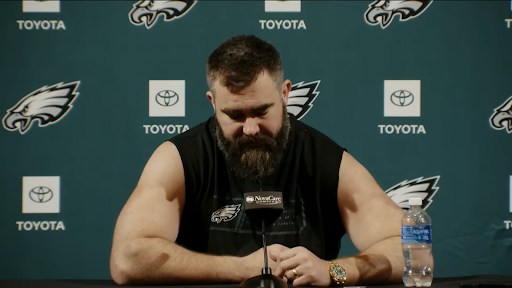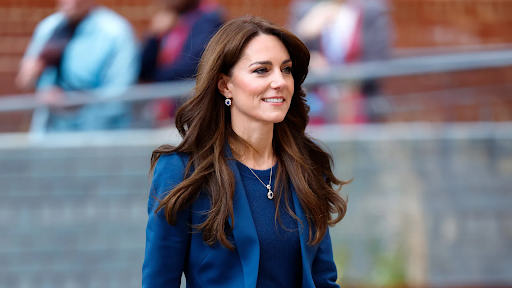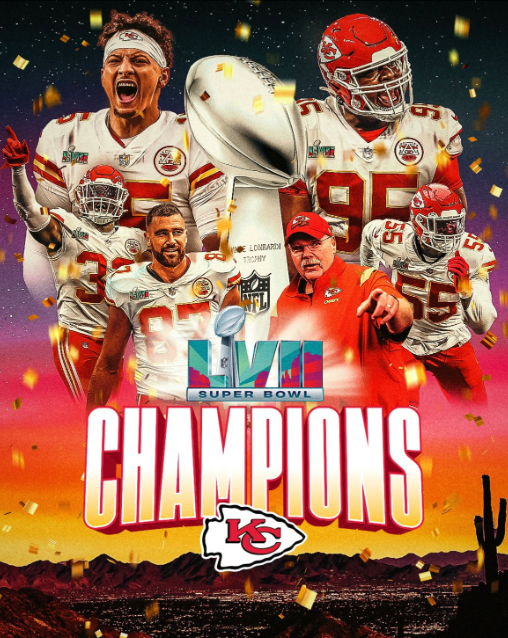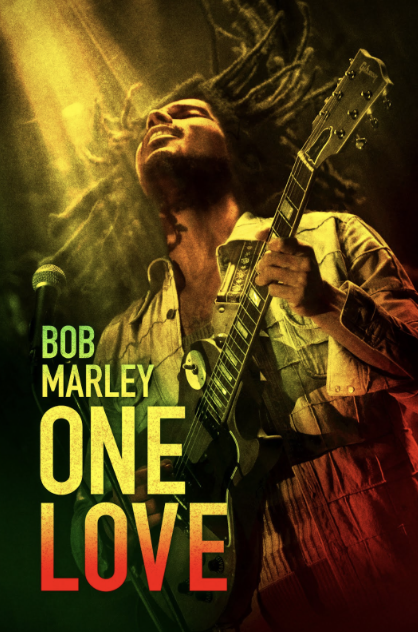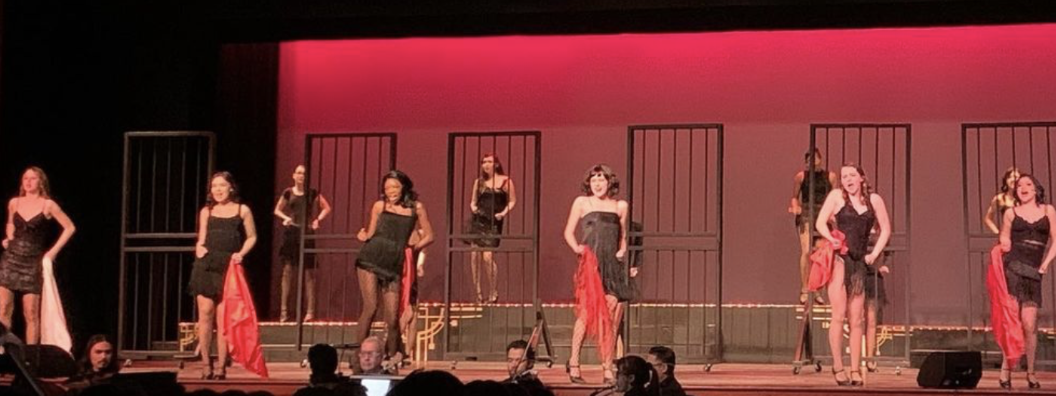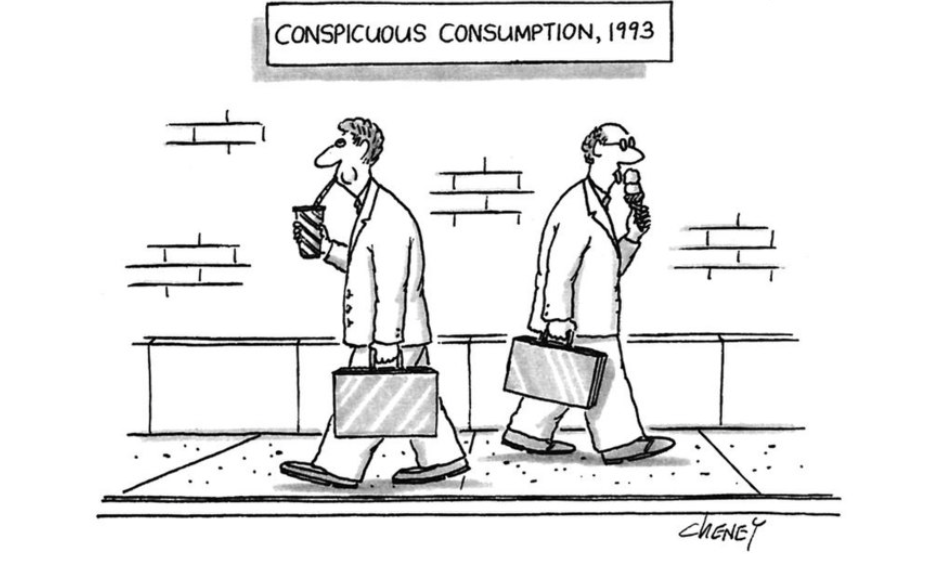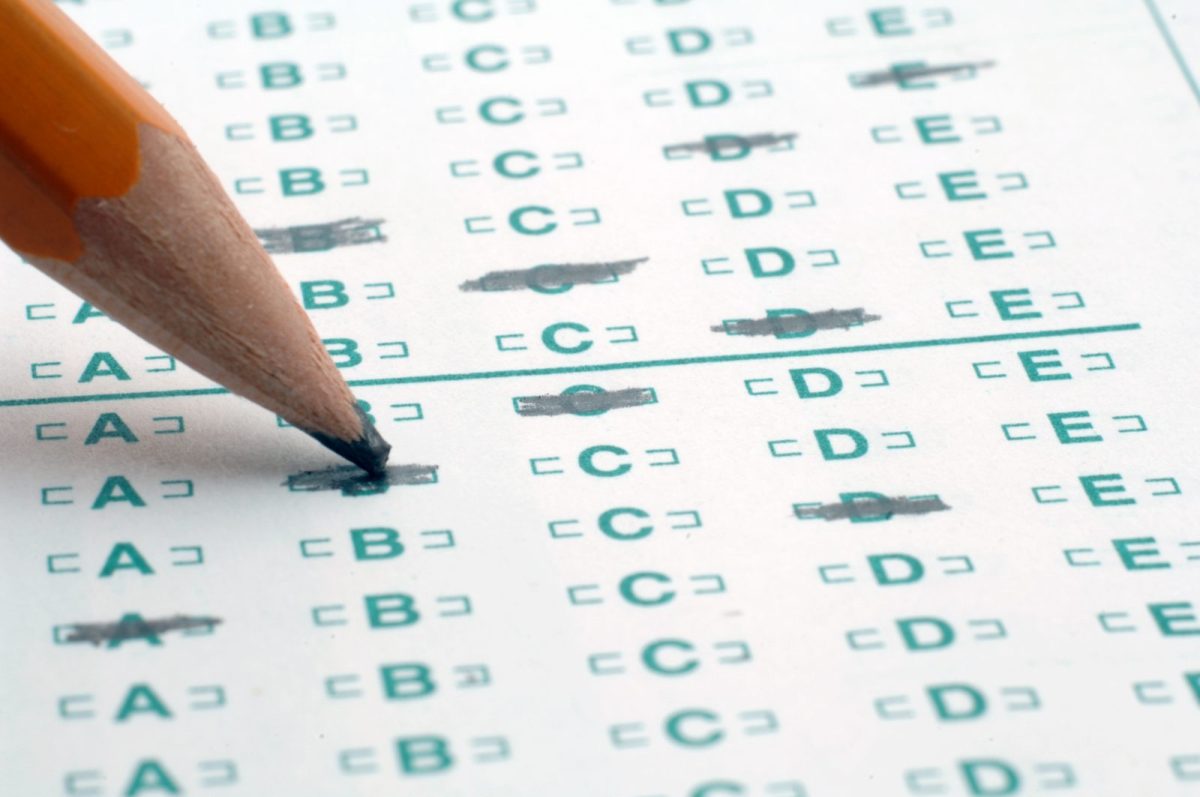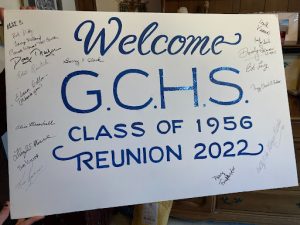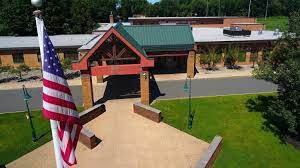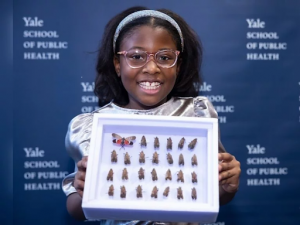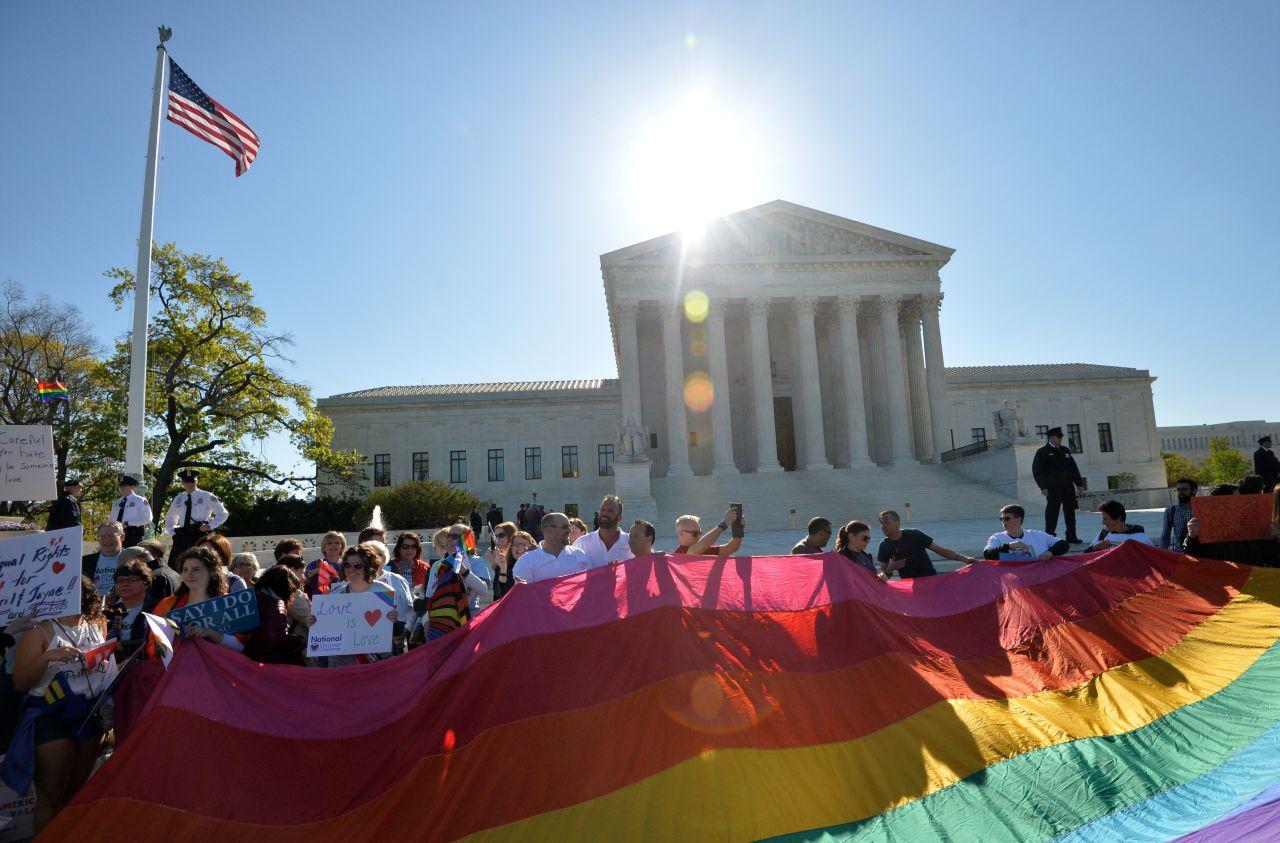
June 28, 1969. 1:20 AM. Police officers burst into the Stonewall Inn, a gay tavern in Greenwich Village, and proceed to raid the bar. A spontaneous riot erupted as patrons and bystanders refused to disperse. The riot took a turn for the worst as the police brutalized the crowd. The events of that night came to be known as the Stonewall riots, the most important event leading to the gay liberation movement.
On April 28, 2015, the Supreme Court heard the oral arguments in Obergefell v. Hodges, a case in which four states fought for their right to keep restrictive laws regarding marriage. The major issue the court dealt with was whether the Constitution protects the right of same sex couples to marry. The two main questions the court will be attempting to answer are whether the Constitution requires states to issue marriage licenses to same sex couples, and, if not, whether states must recognize same sex marriages performed in other states where they are legal.
Neither side will be able to claim a definite victory until the verdict comes out over the summer. Four of the justices are sure to vote for and four will certainly vote against. The ninth vote is uncertain, and the man who holds that vote is Justice Anthony M. Kennedy. He is the swing vote, but he has been known to vote in favor of gay rights in previous cases. The issue of timing is holding back his vote; he is not sure whether a ruling in favor of gay rights would be too much too fast for the conservative states.
During the court hearing, there was a focus on the definition of marriage. Traditionally, marriage is defined as the union between a man and a woman. Justice Kennedy wondered what it would mean to suddenly challenge that definition. He said, “This definition [of traditional marriage] has been with us for millennia, and it’s very difficult for the court to say, ‘Oh, well, we know better.’ ”
Along the same lines, Chief Justice John G. Roberts Jr. said to Mary L. Bonauto, the lawyer representing gay couples challenging the states’ bans, “You’re not seeking to join the institution- you’re seeking to change what the institution is. The fundamental core of the institution is the opposite-sex relationship, and you want to introduce into it a same-sex relationship.” Roberts feared that members of the general public who do not fully support gay marriage but who do not condemn it, either, might turn towards a more negative view of the issue if the court forces them to accept same sex marriage instead of putting the issue out to a vote.
Chief Justice Roberts also raised the issue of discrimination purely based on sex.
“I mean, if Sue loves Joe and Tom loves Joe, Sue can marry him and Tom can’t,” Roberts said. “And the difference is based upon their different sex. Why isn’t that a straightforward question of sexual discrimination?”
Justice Ruth Bader Ginsburg argued that the definition of marriage had already changed since its past definition of “a relationship of a dominant male to a subordinate female.”
The conservative side focused their opposition on the definition of marriage. They pushed the boundaries, with Justice Samuel A. Alito Jr. arguing that if marriage was redefined to be merely a commitment between two loving and consenting adults, then there would be nothing to prevent the issuing of licences to siblings or polygamous groups.
Justice Antonin Scalia worried about the freedom of ministers to follow their religion. Scalia raised the point that a minister may not be able to decline to marry a same sex couple if the court ruled that same sex couples have a constitutional right to marry. However, if the states continued to vote on the issue themselves, then they would each be able to accommodate the various religions. In response, Bonauto said that it was well established that the clergy does not have to perform actions that violate their religious beliefs.
The Obama administration, open supporters of gay marriage, weighed in, as Solicitor General Donald B. Verrilli Jr. argued that withholding marriage violates equal-protection guarantees.
The states’ side also brought up children. They argued that the only reason the states had an interest in marriage was because of the children involved, not to legitimize the commitment between two adults.
Most of the justices seemed not too concerned with the outcome, as the general trend in the nation has been to make gradual concessions to the gay liberations movement. Today, over 70% of Americans live where gay marriage is legal and 37 states and the District of Columbia have legalized it. A recent Washington Post- ABC poll showed a record 61% of Americans say they support same sex marriage.
Since October, when the Supreme Court refused to review cases about same sex marriage, there has been a cultural shift towards acceptance, which is what the court like to see before making such a large decision. These cases from October came together before the court as Obergefell v. Hodges.

